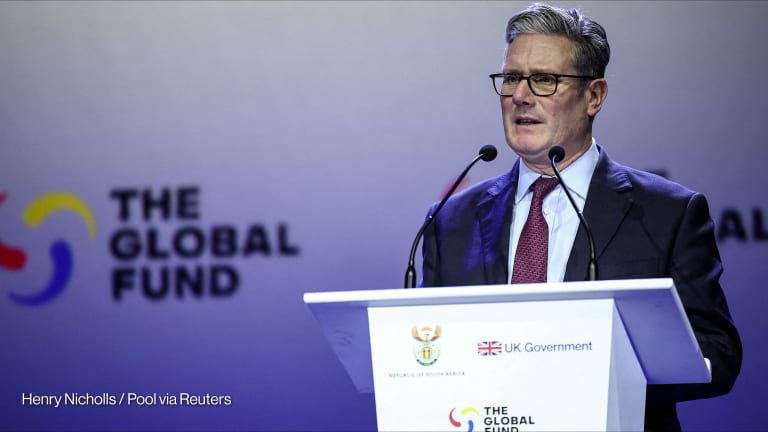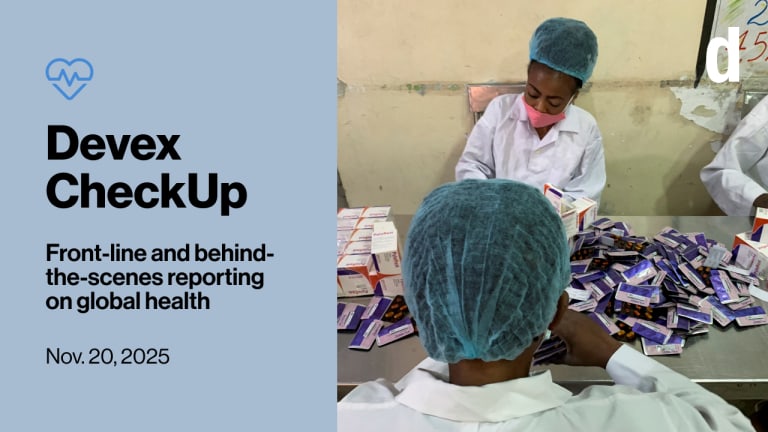The Global Financing Facility announced Monday during a replenishment event that it has raised $445 million, but falls short of the $800 million it needs to support the health of women, children, and adolescents through 2025.
The total amount pledged includes a $90 million multidonor trust fund that the United States has established to support GFF — the first time that the U.S. has directly contributed to the facility.
However, when Atul Gawande, from the U.S. Agency for International Development, announced the creation of the fund during the event at the World Health Summit, he said the country’s initial contribution is $4 million from global health security money, but that the U.S. will “continue to raise funds” toward the broader $90 million umbrella fund. It is not clear, though, when these additional funds might be available.








